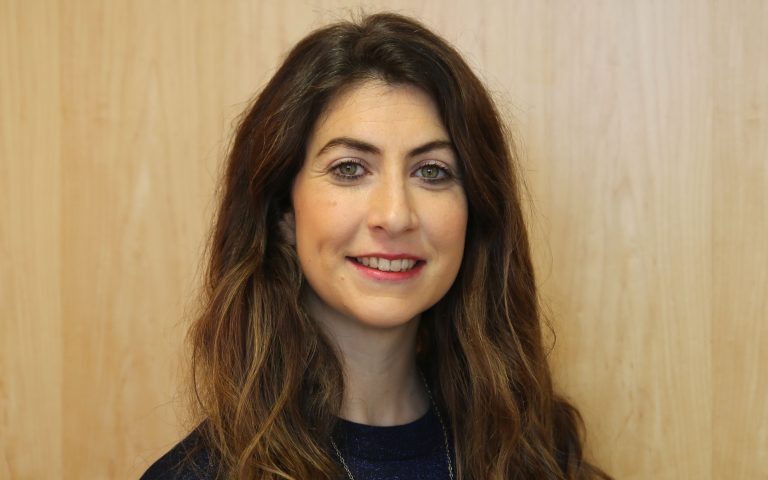Dr Gemma Lewis is a psychiatric epidemiologist in the UCL Division of Psychiatry. Her research focuses on the causes, treatment and prevention of depression and anxiety.

The theme of Mental Health Awareness Week this year is anxiety. Can you tell us about your research into anxiety, particularly among children and young people?
When we say anxiety, we’re usually talking about Generalised Anxiety Disorder. Generalised Anxiety is the most common of all mental health problems, even more common than depression.
Most people with generalised anxiety disorder first experience symptoms during adolescence. During adolescence, a gender difference emerges which persists across the life-course; girls and women and twice as likely to experience generalised anxiety compared with boys and men although anxiety is common in boys and men too.
How should we distinguish between anxiety and depression?
There has been debate about whether generalised anxiety and depression represent the same underlying condition, or are different illnesses.
We know there is a strong overlap between them. 60%-70% of people with one of these conditions also experience the other. However, there are some differences between the symptoms. For example, people with anxiety are more likely to experience symptoms of nervousness, trembling, light-headedness and palpitations.
To what extent do you think anxiety disorders among young people are on the rise, and why might this be?
There’s good evidence now that generalised anxiety and depression have risen among young people over the past two decades or so. The suicide rate has also increased, which suggests that this increase is real and not just due to increased awareness of symptoms.
The reasons for this rise are poorly understood. We know that biological causes, such as genetics, haven’t changed during this time-period. This points to a potential role for the environment. Environmental causes might include increases in academic pressure, austerity, poverty and body image problems. There might be a role for social media but evidence on the association with anxiety is inconclusive.
What do you think are some of the main challenges in understanding and treating anxiety disorders? How can research help overcome these challenges?
One challenge I’m really interested in is primary prevention: how do we prevent the first episode of anxiety so that people are less likely to experience it during their lifetime? We know that adolescents are an important group for primary prevention.
One hypothesis I’m investigating is whether increases in academic pressure during secondary school might increase the risk of adolescent anxiety, depression, self-harm and suicide. If so, this could inform the development of interventions in schools. Schools are a potential setting for interventions that would reach most adolescents.
You co-lead a module on current research in depression and anxiety for the MSc in Mental Health Sciences. Can you tell us more about this?
The module aims to teach students about the nature of depression and anxiety and their relationship with diagnostic categories. We also cover the main treatment options for depression and anxiety. We critically appraise research on biological, social and psychological factors in treatment and causation of depression and anxiety.
What working achievement are you most proud of?
In relation to anxiety, one of our most important findings was that antidepressants seem to reduce symptoms of anxiety more quickly than depression.
In a large clinical trial, the PANDA trial, we found that antidepressants led to reductions in anxiety by around 8 weeks. Reductions in depression happened later, by around 12 weeks. So, it may be that treating anxiety symptoms also helps improve depression.
Why would you recommend UCL as a place to study anxiety and mental health?
UCL is a world leading institution for mental health research. There are many researchers using a range of approaches including epidemiology, neuroscience, genetics and social sciences.
The MSc courses in clinical mental health sciences in the Division of Psychiatry offer a broad programme, which encompasses cutting-edge research and perspectives from clinicians and people with lived experience.
The Division offers some bursaries and small scholarships each year to assist MSc students financially. We also have around 75 PhD students using a range of approaches to study the causes, treatment and prevention of mental health problems.
 Close
Close

